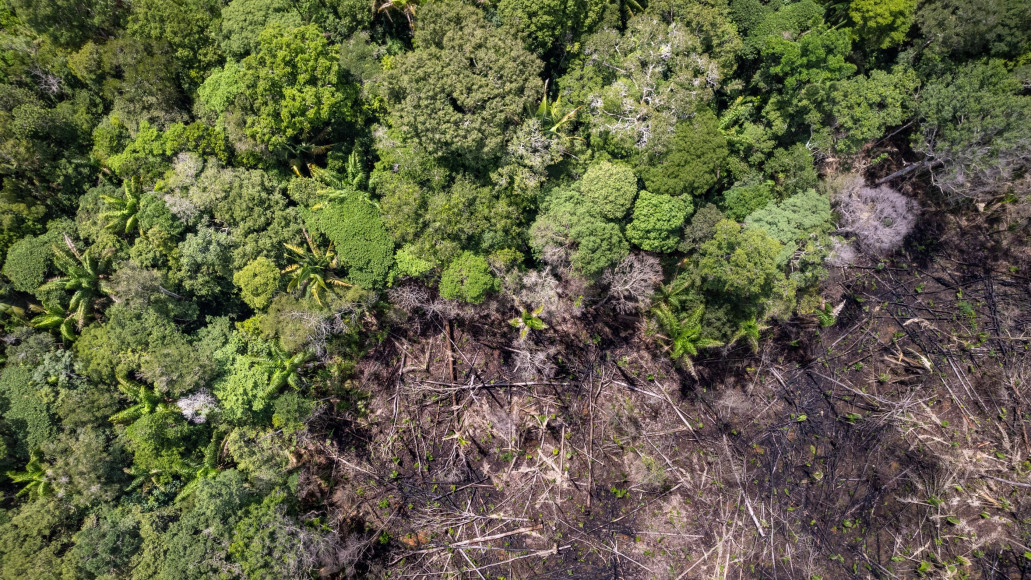The European Union is sounding the alarm: products contributing to deforestation will no longer have a place on the European market. With the new EU Deforestation Regulation (EUDR), the EU is taking a firm step towards more sustainable trade. For companies, this means a double message: there are risks, but above all opportunities for those who commit to transparency and sustainability.
Get in touch
Would you like to know what the EUDR means for your organization and how you can properly prepare? Get in touch with us, we are happy to think along with you.



